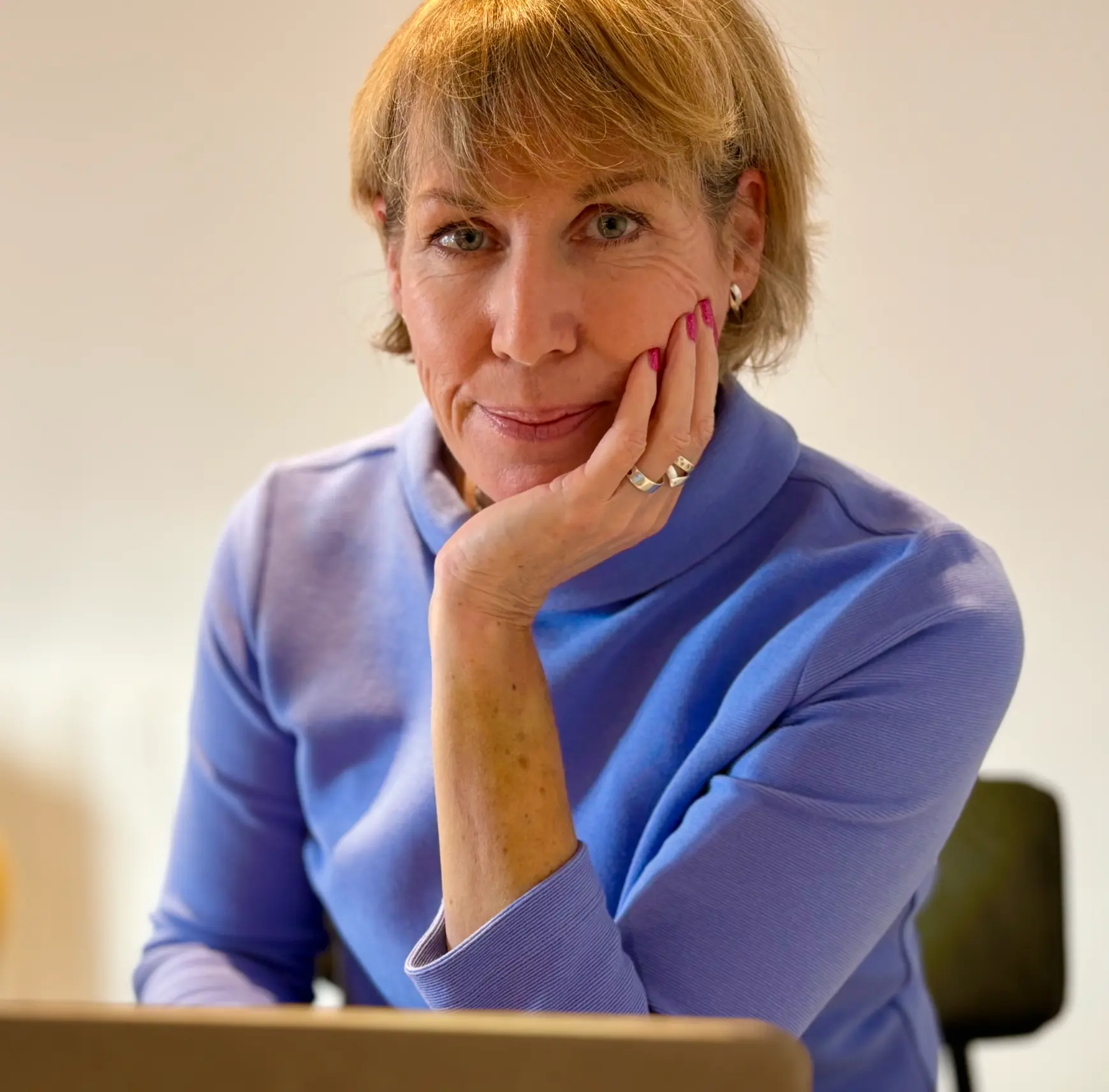Really fascinating to dive into Institute of Directors’ recent report on the Post Office scandal, and I’ve been struck by the read across to governance in universities.
It’s easy to think of the PO case as different and ‘not likely to happen here’ but in truth, the governance lessons are uncomfortably relevant to HE and beyond.
I’ve captured some of my early reflections here. There may be more to follow but I’d love to hear thoughts from across the sector.
Board Disconnection
What’s particularly stark in the IoD’s analysis isn’t just the – well documented – scale of injustice, but how a board of accomplished professionals became so disconnected from the reality on the ground.
The report reveals how they stopped asking difficult questions (or went far enough to feel that they’d ticked that box and failed to probe more deeply), too readily accepted management’s narrative, and lost their sense of overarching purpose. These patterns are evident in boards and councils in our sector – to varying degrees. It’s human, and it’s natural. As such, it’s ever more important to ensure regular reality checks.
The IoD’s evidence shows how easily boards can fall into comfortable routines. In universities, we’re equally vulnerable to this pattern – ticking boxes, reviewing reports, and following processes, while potentially missing the real issues that matter to our organisation.
Three Poky Points
1. Deference to Expertise
The IoD report particularly highlights how Post Office directors deferred too readily to legal and technical experts. In universities, where we have international academic ‘titans’ on our leadership teams, presenting to Council etc, there’s a direct read-across. Our leading academics are rightly held in high esteem by board and council members. AND they also expect to be held accountable for their role in leading their organisations well and with integrity. Sometimes, there is a very natural reserve to challenge, but challenge we must! Our boards must maintain the confidence to ask simple, direct questions when things don’t feel right. VCs expect it and generally welcome it as part of their role.
2. Reassurance is Over-Rated
The inquiry testimonies show how Post Office directors consistently accepted management assurances rather than digging deeper. There’s a fine line between digging deeper and over-reach into exec matters – but that line needs regular testing so that governors and exec don’t shy away from tricky stuff. Sometimes, we can over-do the ‘clear blue water between governance and exec matters’ to our detriment. Heresy, I know!
In universities, where we pride ourselves on evidence and inquiry, boards must maintain their scepticism and independence. Being supportive shouldn’t mean being uncritical. And it’s part of the role of governors/directors to accept the level of personal discomfort that can come with raising the poky questions and digging in. It may not always feel ‘polite’ but that matters far less that feeling you’ve effectively discharged your fiduciary duties….
3. The Organisational Narrative can be Invisible.
A webinar on the IoD report particularly emphasised how Post Office directors lost touch with front-line reality. University boards risk the same, especially given our hierarchical structures.
This is what I think of as the ‘bubble’ effect where boards can feel overly comfortable with the world created in the board papers and debated in formal ways.
It is vital that Boards can find ways to triangulate the information they absorb, connecting to the culture, the narrative and the storytelling that forms the bedrock of the organisation. This is one of the toughest challenges for boards in my view. It’s uncomfortable, it again risks ‘crossing the line’ and there is the ever-present risk of going too deep in a specific area and assuming the information can be generalised across the piece. I cannot. Universities are communities with many many sub cultures, forming a patchwork organisational culture. And it all matters!
What Could Help?
The IoD’s analysis suggests real change starts with how boards actually behave not just what they’re supposed to do. Here’s are some reflections:
1. Creating True Challenge
▶ Making it safe to ask uncomfortable questions
▶ Valuing curiosity over compliance
▶ Building real relationships with stakeholders
▶ Testing received wisdom and accepted practice
All of this takes courage and tenacity. As well as true diversity of thought on the board that enables unchecked lines of enquiry to open up.
2. Building Better Dialogue
▶ Moving beyond formal board papers and formal conversations that result in resolutions
▶ Creating space for honest conversation and not falling into over politeness or deference
▶ Hearing directly from different voices. Again and again. This isn’t a one-off measure.
▶ Making challenge normal, not confrontational – and not taking offence or falling into over-politeness.
▶ accepting that it is OK not to ‘like’ everyone around the table – it’s not a dinner party! Respect, honesty and open mindedness are more valuable.
3. Collective Courage and Individuality of Thought
▶ Standing up to pressure for quick fixes – and not being hide-bound by time constraints at the board meeting
▶ Listening without judgement those who raise concerns
▶ Respecting your instincts when things feel wrong – but also checking those instincts out thoroughly to ensure they don’t relate to deep seated bias or previous experiences which feel similar.
▶ Maintaining independence of thought, even when it’s deeply uncomfortable. ‘The majority is always wrong’ is a useful phrase in certain circumstances’
Concluding Thoughts
The IoD’s report makes clear that the Post Office board’s failure wasn’t primarily about process or structure – it was about human behaviour and cultural norms. They lost sight of the bigger picture while believing they were doing their jobs properly, and documenting/ticking off their adherence to governance expectations.
Good governance isn’t achieved through codes, policies and procedures alone. It requires boards to build and maintain a culture where challenge is welcomed, honesty is a default assumption, questions are encouraged, and different voices are genuinely heard.
We need governors who have the courage to lift the rock and look underneath, even when they’re told everything is fine.
Especially now.
The risk of losing sight of the human impact of the current turmoil in the sector – on our students, our staff and our partners – is at its highest.
When boards stop asking difficult questions about culture, they stop doing their real job – protecting the long-term interests of the organisational community they serve.
The full IOD report can be found at https://bit.ly/4fPAAjs





